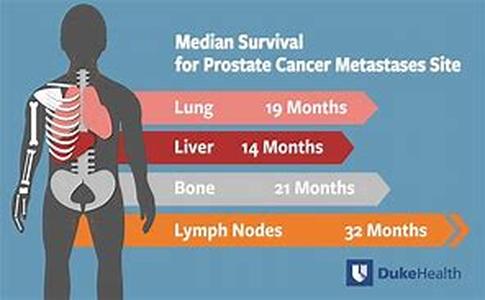
Rdial Structure, Coronary Vasculature, And Conduction System Of The Heart. Hypertensive Heart Disease Is Generally A Term Used In Heart Diseases Such As Left Ventricular Hypertrophy (LVH), Cardiac Arrhythmias, Coronary Artery Disease, And Congestive Heart Failure (CFH).These Diseases Generally Develop In Response To Chronically Elevated Blood Pressure, But Acute Elevation Of Blood Pressure Can Also Lead To Bringing Out An Underlying Tendency To Any Of The Symptoms Connected With Chronic Hypertension.High Blood Pressure Increases The Load Of Work The Heart Does And As Time Passes, This Can Cause To The Thickening Of The Heart Muscles And The Symptoms Of Hypertensive Heart Disease. The Hearts Continued Pumping Against Elevated Pressure In The Blood Vessels Causes The Left Ventricle To Become Enlarged And Thus The Amount Of Blood Pumped By The Heart Each Minute Called Cardiac Output, Goes Down. If This Condition Is Left Untreated, Symptoms Of Congestive Heart Failure May Develop.The Most Common Risk Factor For Heart Disease And Stroke Is High Blood Pressure, As It Can Sometimes Cause Ischemic Heart Disease (a Condition Where There Is Decreased Blood To The Heart Muscle Resulting In Anginal Chest Pain And Heart Attacks) Which Increases The Supply Of Oxygen Needed By The Thicker Heart Muscle.High Blood Pressure Can Also Add To The Thickening Of Blood Vessel Walls That Can Result To Aggravating Atherosclerosis, Which Is Distinguished By Increased Deposits Of Cholesterol In Blood Vessels That Can Also Increase The Risk Of Heart Attacks And Strokes.Hypertensive Heart Disease Affects About Seven Out Of One Thousand People And Is Considered To Be The Leading Cause Of Illness And Death From Hypertension. Symptoms Of Hypertensive Heart Disease Includes Shortness Of Breath Especially When Physically Active; Rapid Or Irregular Pulse; Waking At Night Short For Breath; Cough Which May Produce Blood-tinged Mucus; Fatigue, Faintness, Weakness; Increases Frequency Of Urination At Night; Swelling Of The Ankles Or Feet; Sensation Of Feeling The Heart Beat Or Palpitations; And Needs To Sleep With Head Elevated To Avoid Shortness Of Breath.The Signs That Would Diagnose A Person Suffering From Hypertensive Heart Disease Can Be Found In Physical Examination. Results Will Show Elevated Blood Pressure, Enlargement Of The Heart, Chest Examined By Stethoscope May Reveal Fluid On The Lungs Or Abnormal Heart Sounds, And Later In The History Of The Condition, Signs Of Heart Failure That Includes Pulmonary Congestion. The Treatment Of The Heart Disease Will Depend On Which Condition Is Present And Will Mainly Be Concentrated On Reducing Blood Pressure And Controlling The Heart Disease. Common Medications Will Include Medications Such As Beta Blockers, Diuretics, Potassium Replacements, Calcium Channel Blockers, ACE Inhibitors, And Direct Vasodilators. The Blood Pressure Should Be Checked Regularly To Monitor The Condition And Frequent Blood Measurements Should Be Performed At Home For Patients Who Have Difficulty In Controlling High Blood Pressure.





